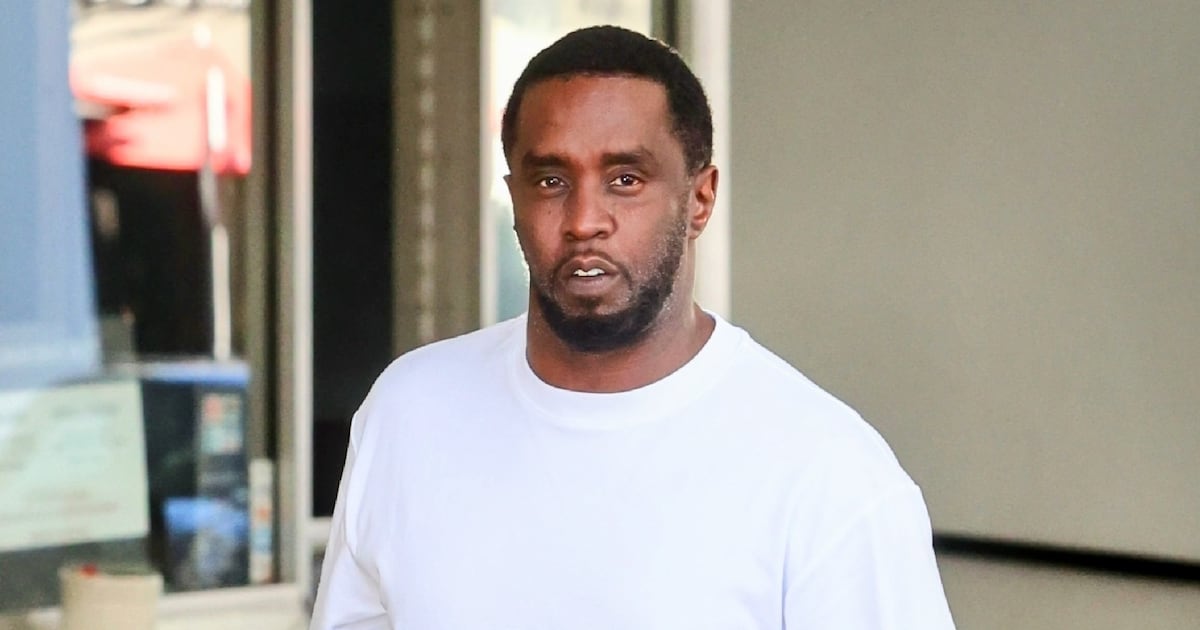While everyone was focused on the E. Jean Carroll verdict, George Santos’ indictment, and CNN’s town hall with Donald Trump this week, allegations that the Biden family profited from their politically powerful patriarch (to the tune of millions of dollars) drew comparatively little attention.
We have long known that Hunter Biden, as well as Joe’s brothers (Frank and James), cashed in on their famous father and brother.
But a report released on Wednesday by House Oversight Chair James Comer ups the ante because it indicates that 1) the scope of family who profited is larger (including even Hallie Biden, Beau Biden’s widow, who was also linked to Hunter Biden), 2) the money came from foreign entities (including Chinese nationals and Romanian businessmen), and 3) some of the payments occurred while Joe Biden was serving as vice president.
These foreign sources, in some cases, appear to have laundered money through Biden associates, who then transferred a portion of that money into the accounts of Biden family members.
Sadly, familial payoffs are all too common and typically legal, as detailed in my forthcoming book, Filthy Rich Politicians. Often, it happens in a somewhat anodyne form. “We find that one really effective way for a corporation to do influence peddling without actually bribing a member of Congress is [to] hire the spouse,” Craig Holman, government affairs lobbyist for the consumer advocacy organization Public Citizen, told CBS News way back in 2012.
Amazingly, there’s nothing unprecedented about foreign governments attempting to play this same game at the highest levels. As Mother Jones’ David Corn notes, in 1980, President Jimmy Carter’s brother Billy “accepted $220,000 from the Libyans to develop what he called a ‘propaganda campaign’ to promote the foreign policy objectives of dictator Moammar Qaddafi.”
Despite the ubiquity of this corruption, you might think that such charges would arouse the interest of my fellow journalists—particularly considering these allegations involve the sitting president of the United States.
And mostly, you’d be wrong.
Take, for example, the paper of record: The New York Times. The Gray Lady’s reflexive take seems to be that there’s no there there. At least, that’s my interpretation of their headline, “House Republican Report Finds No Evidence of Wrongdoing by President Biden,” and sub-headline: “After months of investigation and many public accusations of corruption against Mr. Biden and his family, the first report of the premier House GOP inquiry showed no proof of such misconduct.”
Obviously, the yet-unknown question is whether Joe Biden, a.k.a. “the Big Guy,” ever actually used his position as vice president to repay the favors.
Choosing to focus on that, rather than the very sketchy circumstantial evidence, is a form of bias. I mean, it’s hard to imagine the Times headlining an article about Jared Kushner’s $2 billion Saudi deal with the words, “No Evidence of Wrongdoing by Trump.”
Unless your assumption is that Republicans made the whole thing up, there are a couple of legitimate questions that deserve some answers: Why would foreign entities give millions to Biden family members and get nothing in return (as Florida Rep. Byron Donalds pointed out during Wednesday’s press conference, it’s not like the Biden family has a business that might explain transactions)? And why would Biden family members seemingly go to such great lengths to create shell companies to confuse anyone attempting to trace the money?
Comer says he’s still in the “beginning stages” of an investigation, and this also seems reasonable. For example, Republicans are currently trying to subpoena an FBI document from a whistleblower who they believe will corroborate their case.
At the very least, my curiosity is piqued. The Wall Street Journal might have put it best on Wednesday, when it editorialized, “There may not be a smoking gun, but there’s plenty of suspicious smoke worth investigating.”
So, is it wrong for media figures to be open to the possibility that Republican investigations might demonstrate that there’s a there there?
For many people, the answer is a resounding “YES!”
The notion is that by even entertaining such allegations we are engaging in a sort of both-siderism. “Bad actors inject incomplete information into the bloodstream so people can legitimately speculate on what it might mean,” liberal columnist Bill Scher warned me this week. In other words, don’t fall for innuendo, wait for the facts.
While few journalists will come right out and say this, they don’t have to; the tone of their coverage reflects their confidence that this is yet another GOP scam. The assumption is that Donald Trump and his minions are an existential threat to liberal democracy, and that they lie and engage in misinformation to distract our attention from their abuses.
Fact check: This is mostly true. Republicans have done little to engender the public’s trust. They are often full of shit. There’s also a sense that, whatever the Bidens are guilty of, the Trumps are guilty of something worse. This also rings true.
But in the past, these same assumptions have caused otherwise serious and smart journalists and outlets to make embarrassing mistakes—to get out over their skis hypothesizing that Donald Trump was a Russian asset.
Many good journalists assumed (based on the word of experts) that the Hunter Biden laptop story was part of a Russian disinformation campaign. And this same bias led many to dismiss the possibility that the COVID-19 virus came from a Wuhan lab leak (The New York Times headline still reads, “Senator Tom Cotton Repeats Fringe Theory of Coronavirus Origins.”)
You would think that, by now, the mainstream media would have a little more humility. When we blow stories by following our priors, it further erodes our credibility and reinforces the sense that we traffic “fake news” propaganda. At some point, it’s hard to blame conservative readers and viewers for taking their business elsewhere.
It is the responsibility of the media to follow the facts wherever they may lead. Journalists are supposed to be both skeptical (“If your mother tells you she loves you, check it out”) and curious.
With apologies to Ronald Reagan, my advice to my colleagues in the media is this: Distrust, but verify.








